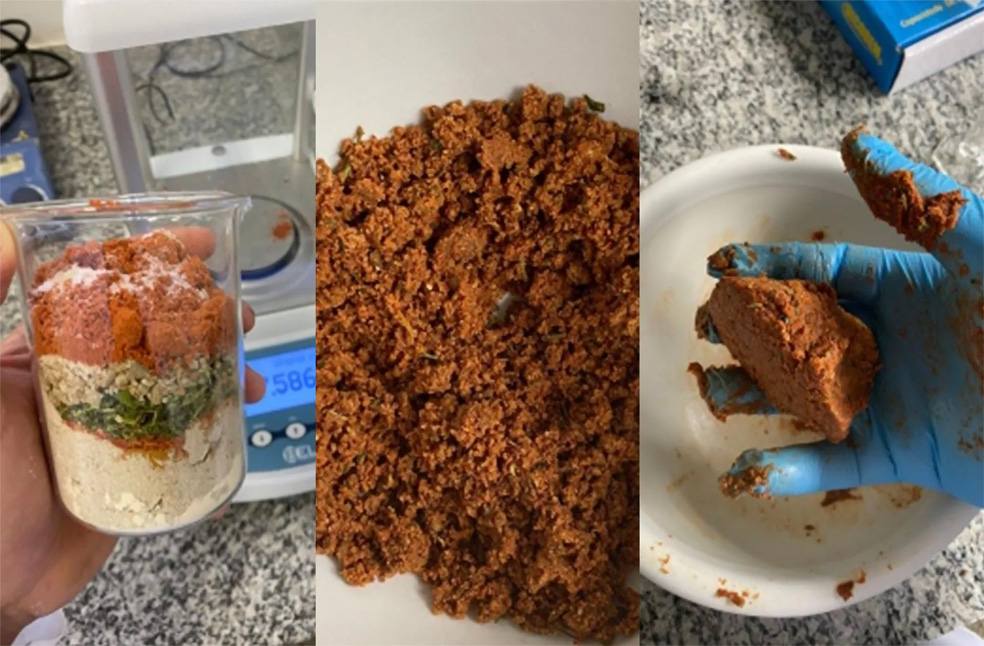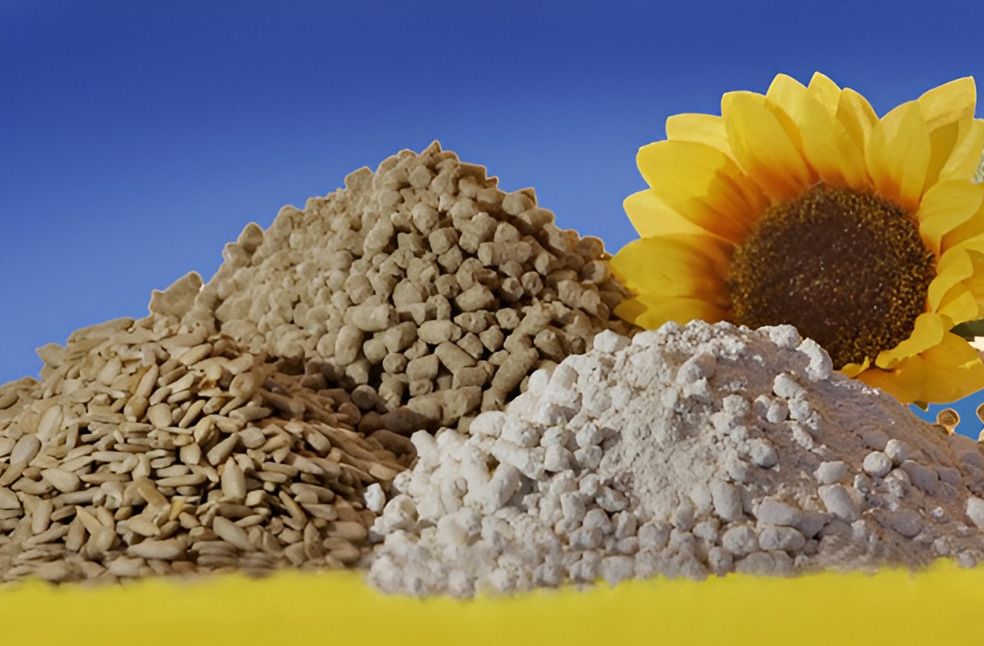São Paulo: A groundbreaking meat alternative using sunflower flour has been developed, offering a sustainable, highly nutritious, and non-GMO (Genetically Modified Organism) substitute for conventional meat products.
The innovation comes from researchers at Brazil’s Institute of Food Technology (ITAL) and the University of Campinas (UNICAMP), in collaboration with scientists from Germany’s Fraunhofer IVV Institute.
The process starts with extracting oil from sunflower seeds. To make the leftover flour safe and suitable for human consumption, researchers remove the outer husks and phenolic compounds, which otherwise darken the flour and hinder nutrient absorption. This purification step enhances digestibility and overall nutritional quality.
Crafting and testing sunflower-based burgers
The team created two types of sunflower-based burgers, one made from flour derived from roasted sunflower grains and another from textured sunflower protein. To enhance flavor and nutrition, both versions were mixed with tomato powder, spices, and a blend of sunflower, olive, and linseed oils.

The mixtures were shaped into burger patties and baked, after which sensory and physicochemical tests evaluated their flavor, texture, and composition. Results revealed that the textured sunflower protein version had superior consistency, higher protein content, and contained healthy fats like monounsaturated fatty acids.
Nutritionally, these patties proved rich in essential minerals, offering 49 percent of the daily iron requirement, 68 percent of zinc, 95 percent of magnesium, and 89 percent of manganese, making them a nutrient-dense, plant-based protein source.
A sustainable and non-GMO alternative
Supported by FAPESP, the research focused on sunflower meal, a by-product of sunflower oil production already prevalent in Europe and expanding in Brazil. The sunflower plant is not genetically modified (non-GMO), making it especially attractive for consumers seeking natural, sustainable, and environmentally friendly food choices.
This innovation aligns with the global trend toward plant-based, eco-conscious diets, contributing to food sustainability and reducing reliance on animal farming.

Neutral taste and high nutritional value
Lead author Maria Teresa Bertoldo Pacheco, from ITAL’s Center for Food Science and Quality, explained that removing husks and phenolic compounds results in a neutral-tasting and aroma-free flour, making it more versatile and appealing than many other vegetable protein sources.
Pacheco further noted that sunflower flour has a balanced profile of essential amino acids, boosting its nutritional potential. From a technological perspective, The Author highlighted that creating a fibrous texture through extrusion is key to achieving a meat-like appearance and texture, enhancing its resemblance to real meat.
Pacheco emphasized that this project deepens understanding of sunflower cultivars’ nutritional and technological benefits, encouraging their broader use in sustainable food systems. The lead author also commended the Brazil–Germany partnership, which fostered valuable knowledge exchange, technical training, and research opportunities for scientists and students alike.


